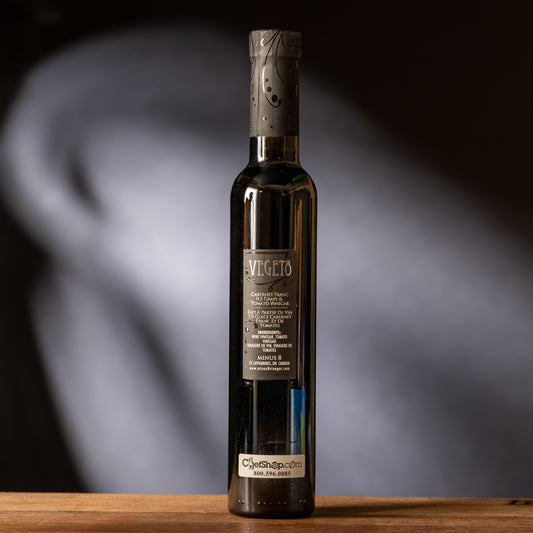Vinegar
about Vinegar: click here to read more
Vinegar has a long history dating back over 5,000 years, with its origins tied to the accidental fermentation of wine and other alcoholic beverages.
The term "vinegar" comes from the French "vinaigre", meaning "sour wine," as vinegar is essentially fermented alcohol converted into acetic acid by bacteria.
Ancient civilizations like the Egyptians, Greeks, and Romans used vinegar in cooking, for preservation, and as a medicinal tonic.
In medieval Europe, especially in castles and estates, wine often turned sour due to improper storage, naturally becoming vinegar, which was then repurposed for food, health remedies, and cleaning. By the 16th century, more refined production methods emerged, with balsamic vinegarbeing first produced in Italy.
Vinegars are widely used in culinary applications for their acidity, flavor, and preservative qualities. They are key ingredients in salad dressings, marinades, and sauces, adding tang and enhancing other flavors. Vinegars are also used in pickling, preserving vegetables and fruits, and as a deglazing agent for sauces and gravies.
Additionally, they help balance rich or fatty dishes, and are often incorporated into braises, soups, and stews for depth and complexity.
Different types of vinegar, such as balsamic, apple cider, and red or white wine vinegar, offer unique flavors, making them versatile components in both savory and sweet recipes.
-
Iio Jozo Seasoned Sushi Rice Vinegar
Regular price $20.95 USDRegular priceUnit price / per$0.00 USDSale price $20.95 USD -
Iio Jozo Fuji Pikurusu Pickling Rice Vinegar
Regular price $20.95 USDRegular priceUnit price / per$0.00 USDSale price $20.95 USD -
Sennari Hiden Jun Akasu - Red Vinegar - 1.8 Liter Jug
Regular price $99.00 USDRegular priceUnit price / per$0.00 USDSale price $99.00 USD -
Minus8 Veget8 Tomato Wine Vinegar
Regular price $32.95 USDRegular priceUnit price / per$0.00 USDSale price $32.95 USD -
Restocking - choose Notify me
Mieli Thun Forest Tree Honeydew Honey Vinegar
Regular price $21.95 USDRegular priceUnit price / per$0.00 USDSale price $21.95 USDRestocking - choose Notify me -

 Restocking - choose Notify me
Restocking - choose Notify meKisaichi Jozo Edomae Akasu Red Vinegar - 1.8 liter
Regular price $49.95 USDRegular priceUnit price / per$0.00 USDSale price $49.95 USDRestocking - choose Notify me -
 Restocking - choose Notify me
Restocking - choose Notify meAcetoria Quince Balsamic Vinegar
Regular price $55.95 USDRegular priceUnit price / per$0.00 USDSale price $55.95 USDRestocking - choose Notify me -

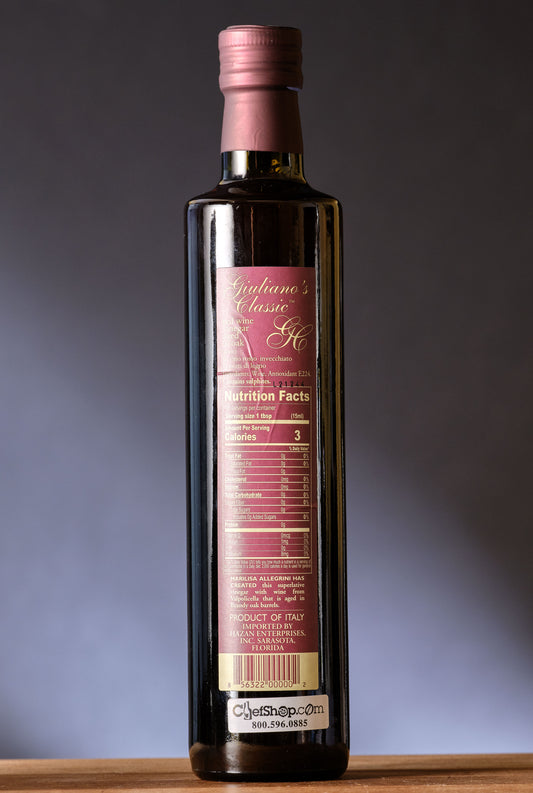 Restocking - choose Notify me
Restocking - choose Notify meGiuliano's Classic Allegrini Valpolicella Oak-Aged Italian Red Wine Vinegar
Regular price $19.95 USDRegular priceUnit price / per$0.00 USDSale price $19.95 USDRestocking - choose Notify me -
 Restocking - choose Notify me
Restocking - choose Notify meAcetoria Chestnut Honey Vinegar
Regular price $37.95 USDRegular priceUnit price / per$0.00 USDSale price $37.95 USDRestocking - choose Notify me -
 Restocking - choose Notify me
Restocking - choose Notify meAcetoria Sour Cherry Vinegar
Regular price $39.95 USDRegular priceUnit price / per$0.00 USDSale price $39.95 USDRestocking - choose Notify me -

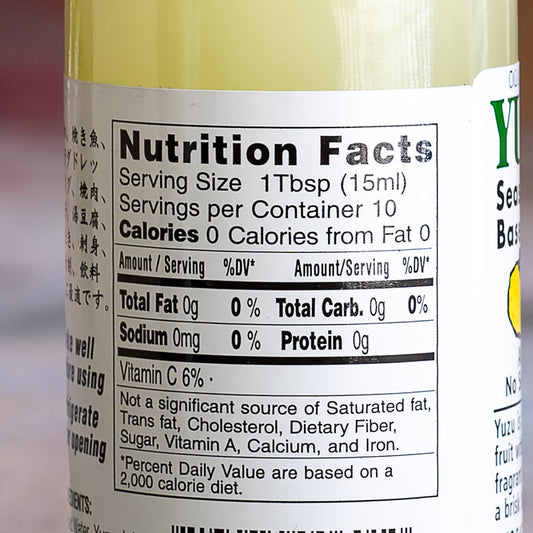 Restocking - choose Notify me
Restocking - choose Notify meYamajirushi Yuzu Seasoning
Regular price $9.95 USDRegular priceUnit price / per$0.00 USDSale price $9.95 USDRestocking - choose Notify me -

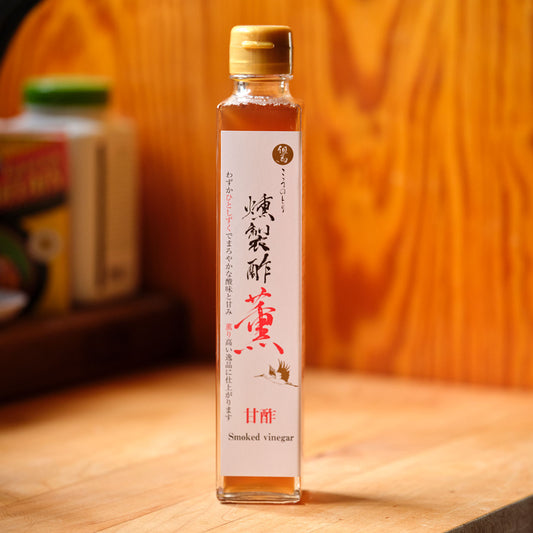 Restocking - choose Notify me
Restocking - choose Notify meTajima Smoked Sweet Vinegar
Regular price $21.95 USDRegular priceUnit price / per$0.00 USDSale price $21.95 USDRestocking - choose Notify me -
Restocking - choose Notify me
Taiwanese Black Vinegar
Regular price $16.95 USDRegular priceUnit price / per$0.00 USDSale price $16.95 USDRestocking - choose Notify me -

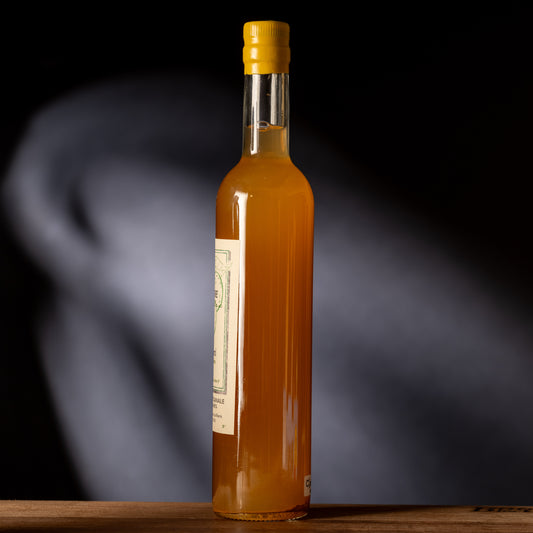 Restocking - choose Notify me
Restocking - choose Notify meLaurent Agnes Vinaigrerie Artisanale - Apple Cider Vinegar
Regular price $28.95 USDRegular priceUnit price / per$0.00 USDSale price $28.95 USDRestocking - choose Notify me -
 Restocking - choose Notify me
Restocking - choose Notify meEspelt Moscatel Wine Vinegar
Regular price $23.95 USDRegular priceUnit price / per$0.00 USDSale price $23.95 USDRestocking - choose Notify me -

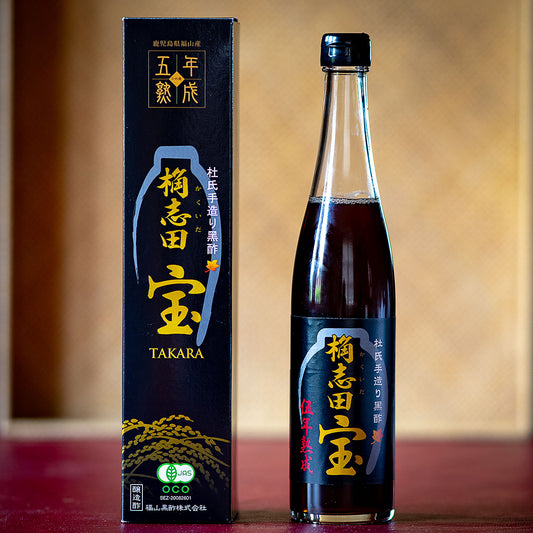 Restocking - choose Notify me
Restocking - choose Notify meKakuida Organic Black Rice Vinegar - 5 year aged
Regular price $119.95 USDRegular priceUnit price / per$0.00 USDSale price $119.95 USDRestocking - choose Notify me








